Copyright © Everyday Narrative 2024. All rights reserved.
Flight Wi-Fi: How safe is your personal data and privacy?
In today’s hyper-connected world, staying online during flights has become a norm with many airlines offering inflight Wi-Fi services. Major carriers like American Airlines, Delta Air Lines, Emirates, Qatar Airways, Singapore Airlines, Virgin Atlantic, among others, now provide internet access on select aircraft and routes. While this connectivity offers immense convenience, it also raises concerns about the security of personal data and privacy. Public Wi-Fi networks, commonly used on flights, are often unsecured, leaving passengers vulnerable to cyber threats if proper precautions are not taken.
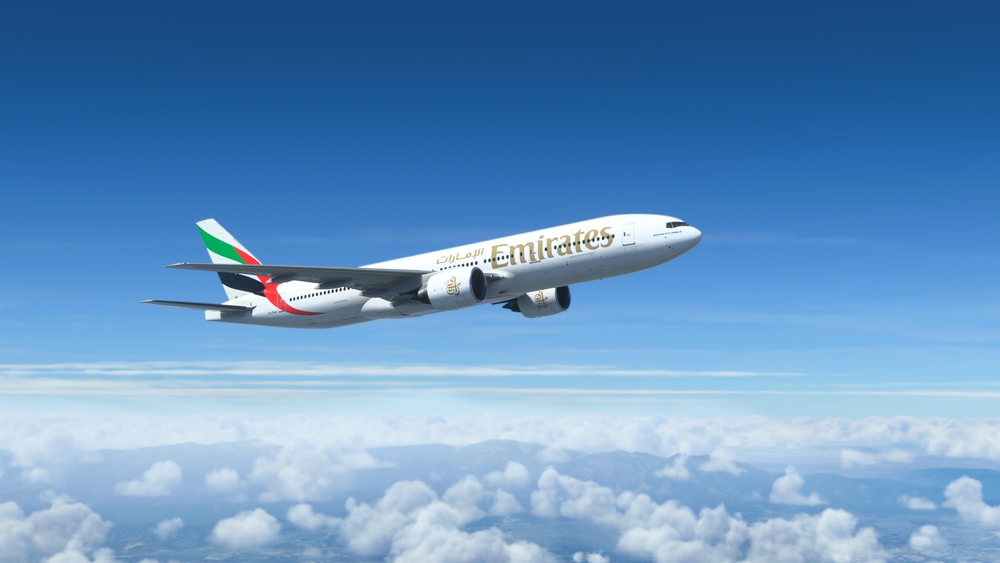
So, just how safe and secure is your data, passwords, online accounts, and documents when connecting to an unsecured public network using Wi-Fi?
Here’s some essential considerations to ensure your online experience remains protected against cybercrime:
1. Download Software Updates: Before boarding a flight it is crucial to check for software updates provided by your operating system provider for all your mobile devices and laptops. Regularly download updates to install bug fixes, patches, utilize antivirus software to significantly enhance the security on your devices. Access your device’s General Settings to check for available updates.
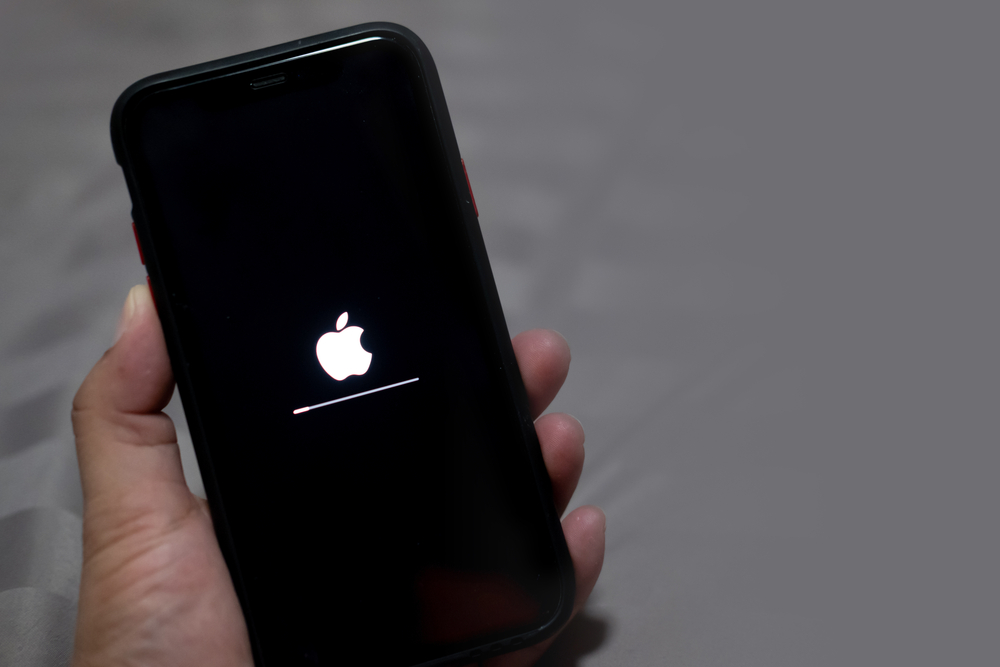
2. Apply Two-Factor Authentication (2FA): Implementing two-factor authentication adds an extra layer of security to your online accounts. When accessing personal accounts over a public network, 2FA requires you to enter a unique code sent via SMS text message to your mobile phone for identity verification. This secondary verification process adds an additional barrier against unauthorized access to your accounts.
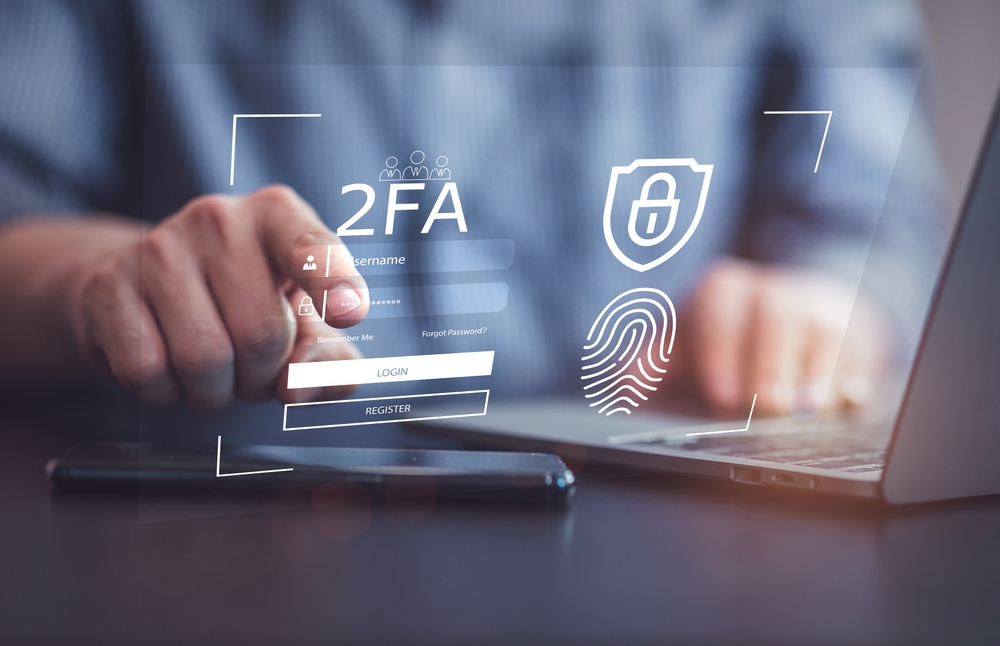
3. Use a Virtual Private Network (VPN): A VPN encrypts internet traffic, effectively scrambling the data you send and receive while browsing. By doing so, it makes it significantly more difficult for hackers to intercept and steal your data. Moreover, a VPN establishes a secure and private connection to the internet by routing your traffic through a remote server provided by the VPN service, masking your IP address, location, and online activities. This additional layer of encryption and anonymity enhances the security of your online communications, especially when using public Wi-Fi networks.
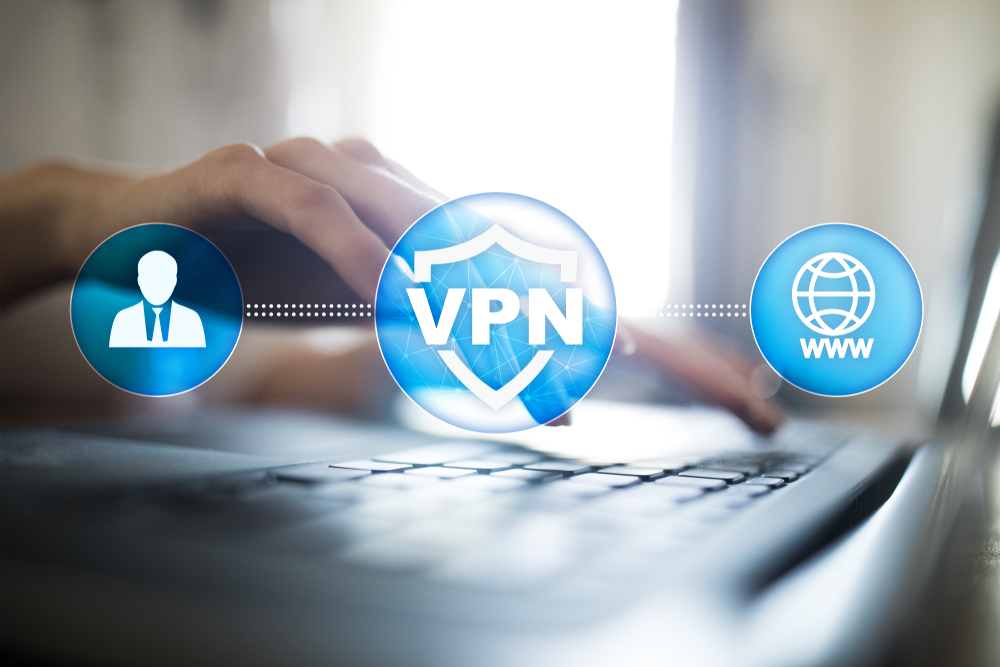
4. Damage Limitation: Exercise caution when accessing sensitive online accounts while connected to public Wi-Fi networks. Avoid logging into accounts that, if compromised, could result in significant financial losses or have life-altering consequences. This includes services such as banking apps, credit card accounts, cryptocurrency wallets, pension accounts, and investment platforms. By being selective about the accounts you access, you can minimize the risk of exposing sensitive information to potential cyber threats.
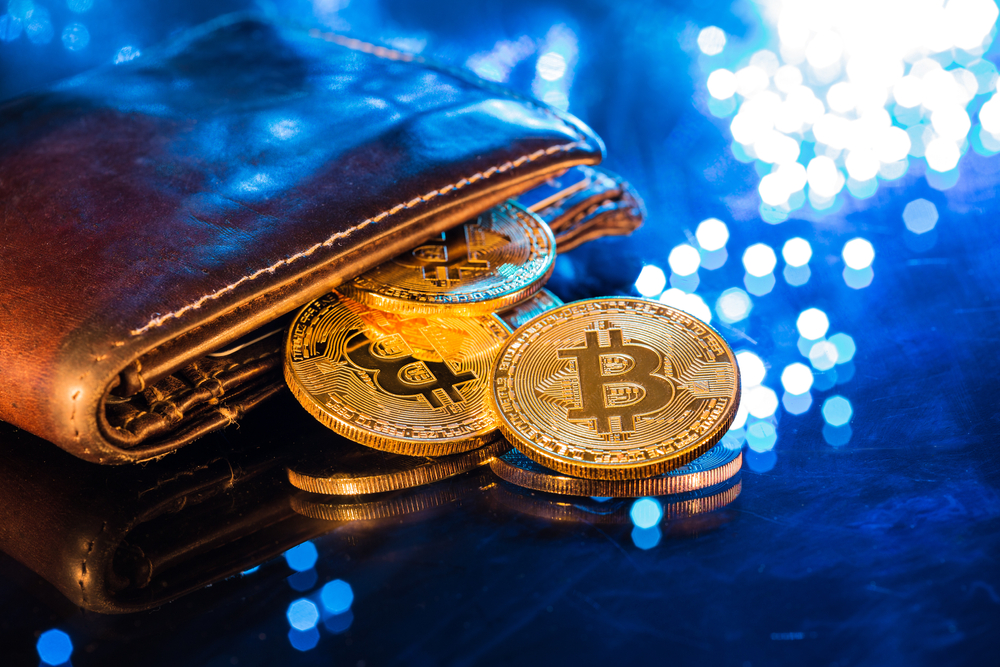
5. Firewall Protection: Ensure that your device’s firewall is activated to block unauthorized access attempts from malicious software seeking to compromise your devices or laptop computer. A firewall serves as a critical defence mechanism, safeguarding your devices against various cyber threats and unauthorized access attempts.
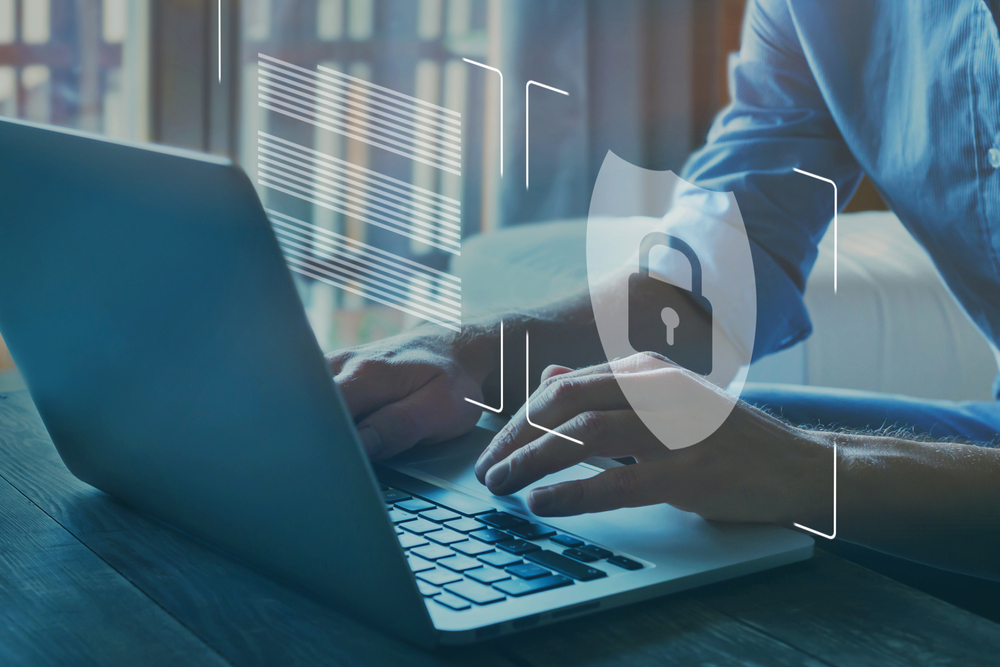
Conclusion
If you’re considering using a VPN service provider, it’s essential to compare and research different options before making a purchase. This ensures that you select a provider that aligns with your specific security needs and requirements. By implementing these precautions and security measures, you can significantly enhance the safety of your data and privacy while using Wi-Fi on flights.



